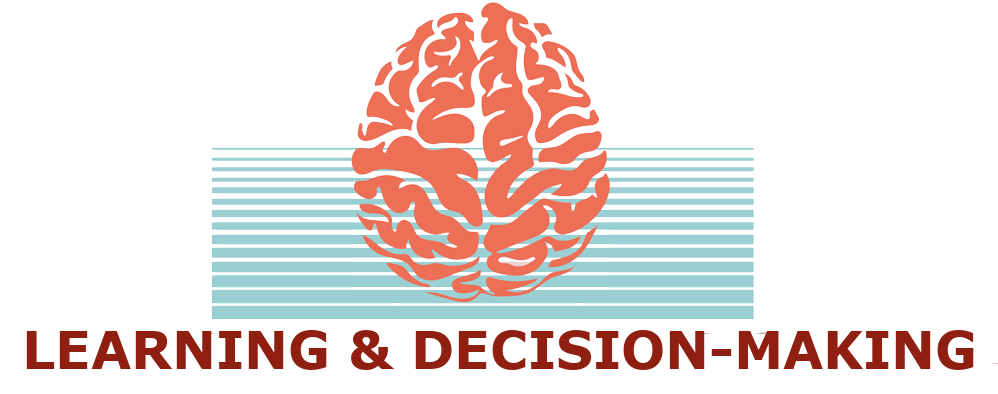Lab News
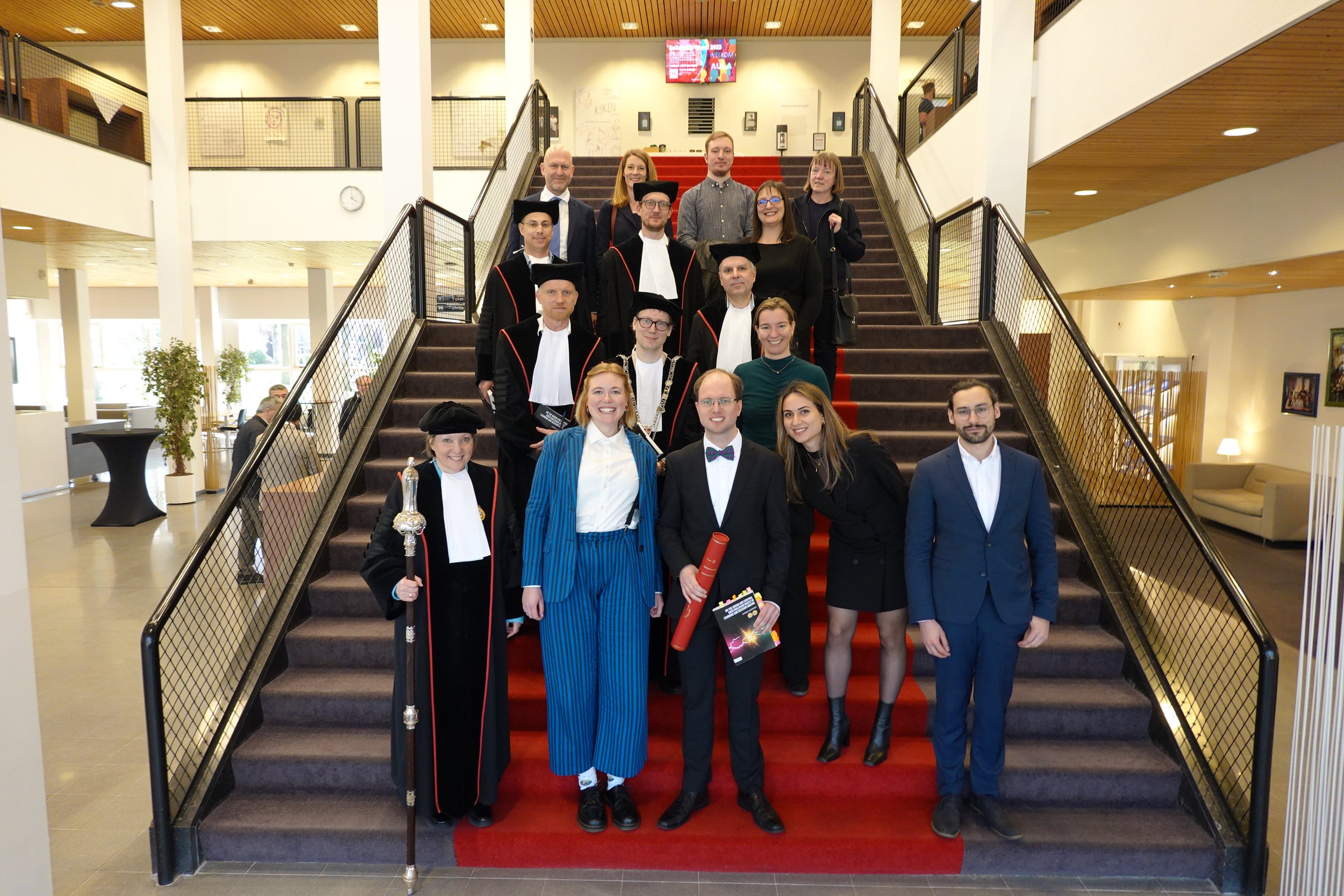
Congrats to Dr. Johannes Algermissen!
On Monday 3rd of April, Johannes Algermissen elegantly defended his thesis "On the origin and control over pavlovian biases in learning and decision making” and received his doctoral degree cum laude. The lab would like to congratulate Johannes on this great achievement! Johannes now works as postdoc working with Dr. Miriam Klein-Flügge at Oxford University.

Fun lab activities in LDM lab
As humans, we learn and make decisions best when we are actively engaged and having fun. Fortunately, Hanneke understands this well. In our lab, we incorporate fun and engaging lab activities that help us to learn and connect with each other.

New paper by Benjamin Kop on bioRxiv
Our study titled “Auditory confounds can drive online effects of transcranial ultrasonic stimulation in humans” is now published online on bioRxiv. Across four experiments, one preregistered, at three independent institutions, we employed tightly matched control conditions to we disentangle direct neuromodulatory effects of transcranial ultrasonic stimulation (TUS) from those driven by the salient auditory confound in a combined transcranial ultrasonic and magnetic stimulation paradigm.
We replicated motor cortical inhibition following TUS, but showed through both controls and manipulation of stimulation intensity, duration, and auditory masking conditions that this inhibition was driven by peripheral auditory stimulation rather than direct neuromodulation.
This study highlights the substantial impact of the auditory confound, invites a reevaluation of prior findings, and calls for appropriate control conditions in future TUS work. Only when direct effects are disentangled from those driven by peripheral confounds can TUS fully realize its potential for neuroscientific research and clinical applications.
An official preprint of the paper can be found here and a pdf version in our publications section. And if you want to know more, please get in touch with Benjamin or Hanneke!
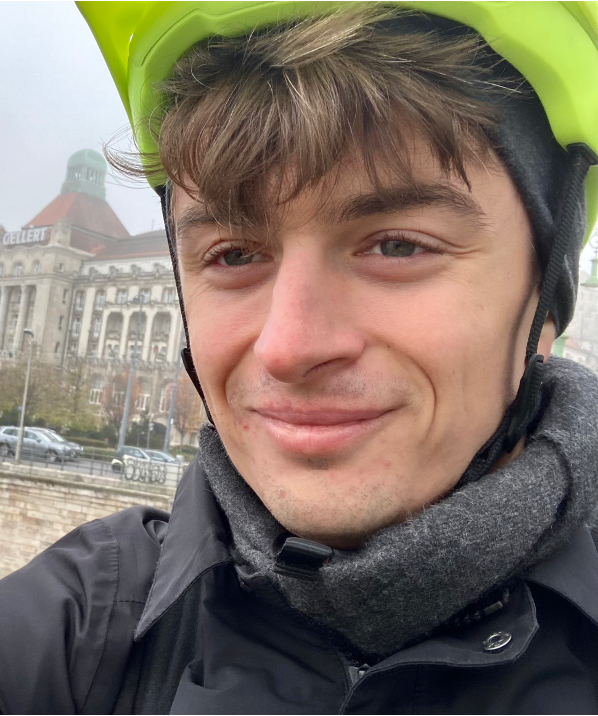
Bertalan joins the lab!
We are welcoming Dr. Bertalan Polner as a postdoctoral researcher to the lab! Bertalan is interested in the cognitive and neural mechanisms that support the estimation of the controllability of the environment, and the impact of these estimates on subsequent learning and decision-making. He will also study how individual differences in controllability estimates (i.e. tendencies to expect more or less control over the world) are associated with mental health
For more information about Bertalan, check out his personal page!

New paper in Psychological Medicine
Our study titled “Effect of lysergic acid diethylamide (LSD) on reinforcement learning in humans” is now published online in the journal Psychological Medicine. Here, we examined how LSD affects probabilistic reversal learning (PRL) in healthy humans.
The results reveal that raw data measures assessing sensitivity to immediate feedback were unaffected, whereas LSD increased the impact of the strength of initial learning on perseveration. Computational modelling revealed that the most pronounced effect of LSD was the enhancement of the reward learning rate. The punishment learning rate was also elevated. Stimulus stickiness was decreased by LSD, reflecting heightened exploration. Reinforcement sensitivity differed by phase.
In conclusion, increased RL rates suggest that LSD induced a state of heightened plasticity. These results indicate a potential mechanism through which revision of maladaptive associations could occur in the clinical application of LSD.
The paper can be found in our publications section and well as here. And if you want to know more, please get in touch with Hanneke!

Solenn joins the lab!
We are happy to welcome a new member to our lab! Solenn is a student in the Cognitive Neuroscience Research Master at Radboud University, Nijmegen. Under the daily supervision of Soha, she will be working on her Master’s thesis research project aiming to translate an online TUS protocol established for non-human primates targeting the frontal eye field into a compatible version that could safely and effectively modulate behaviour in humans. For more information, check out her personal page!

Johannes heading to greener pastures
We are sad to announce that Johannes’ time in our lab has come to an end. However, we are excited that he will continue his research as a postdoc working with Dr. Miriam Klein-Flügge at Oxford University. There, he will investigate learning and decision-making processes with neuromodulation using TUS.
We wish Johannes all the best for his future career!
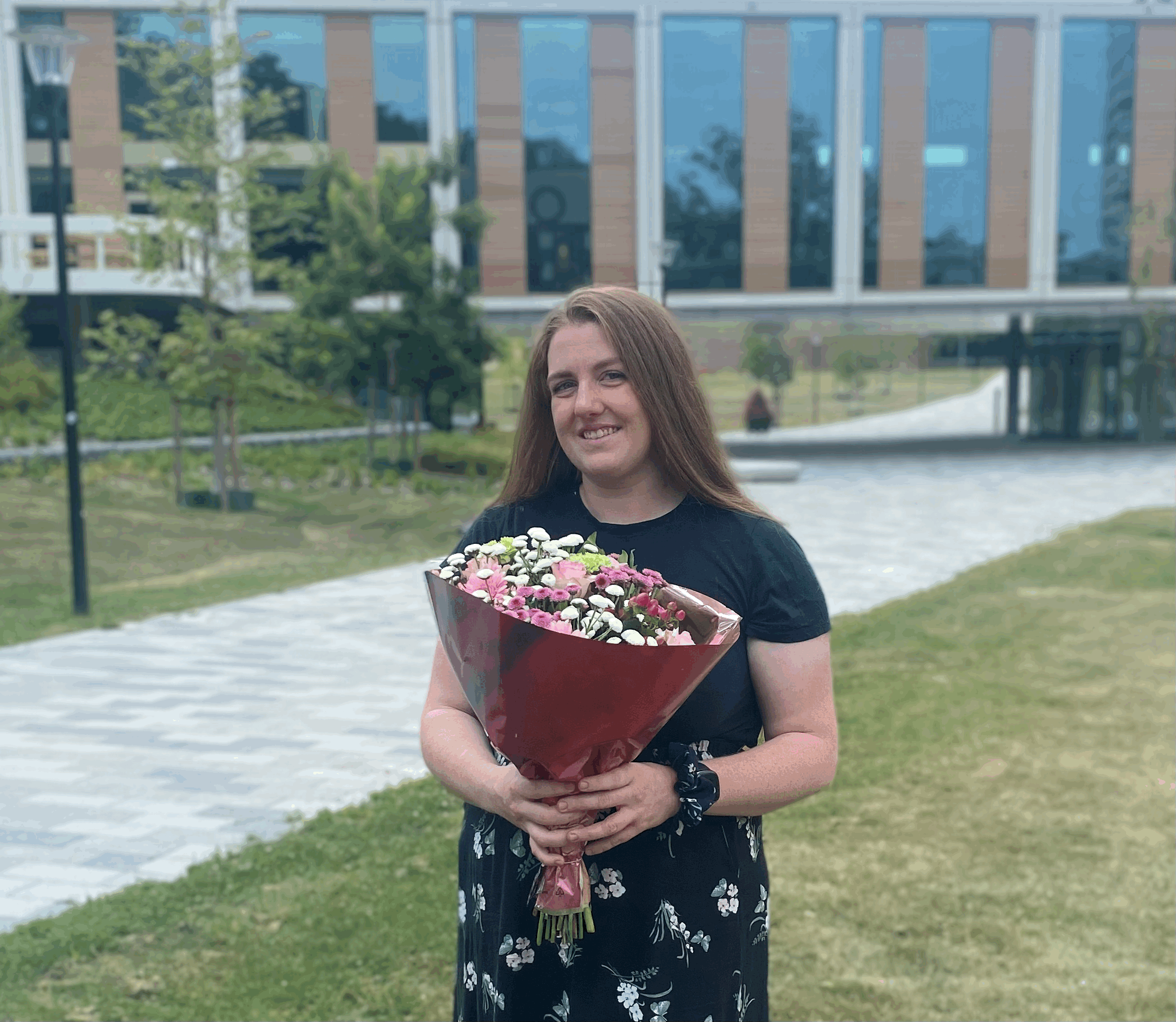
Congrats Helena, MSc. !
Helena Olraun, master's student and intern in the lab under the supervision of Floortje and Hanneke, successfully defended her Master thesis “Deciding how to decide: Dopaminergic mechanisms of meta decision-making”
We were delighted to have had Helena in the lab and we are excited to announce that she will stay at the Donders Institute as a research assistant in Roshan Cools group and as a lab manager for our lab.
We wish her all the best for her future!
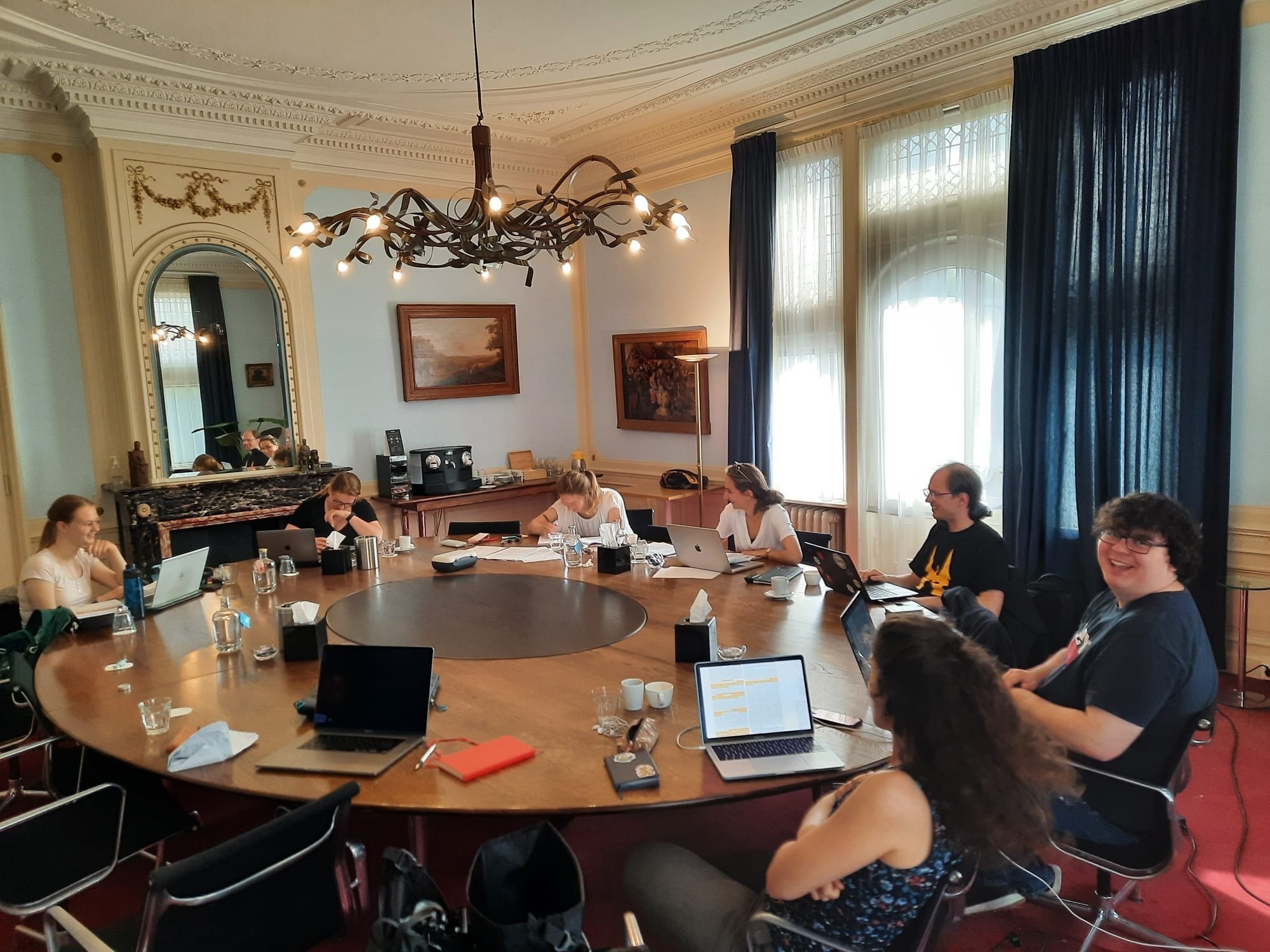
DEAR Day 2022
On May 18th 2022, the LDM lab had its first DEAR (Drop Everything And Read) day! Check out the post for more information.


New paper by Vanessa Scholz in Neuropsychopharmacology
Our study titled “Cortical dopamine reduces the impact of motivational biases governing automated behaviour” is now published online in the journal Neuropsychopharmacology. Using a COMT inhibitor, tolcapone, known to selectively enhance frontal dopamine, we examined whether selectively enhancing frontal dopamine would: a) lead to an adaptive suppression of Pavlovian biases or b) result in a global reduction of Pavlovian biases in a valenced Go/NoGo learning task. Our results indicated a global, unspecific decrease of Pavlovian biases, with performance increases on trials required to overcome the bias, but worse performance on trials for which the bias is known to be helpful. These findings highlight the role of dopamine in regulating motivational processes involved in top-down control of automated behavior, while also opening up exciting new avenues for studying the underlying mechanisms driving symptoms of addiction or OCD, disorders often associated with overhabitualized behaviour.
A preview of the paper can be found here and if you want to know more, please get in touch with Vanessa or Hanneke!
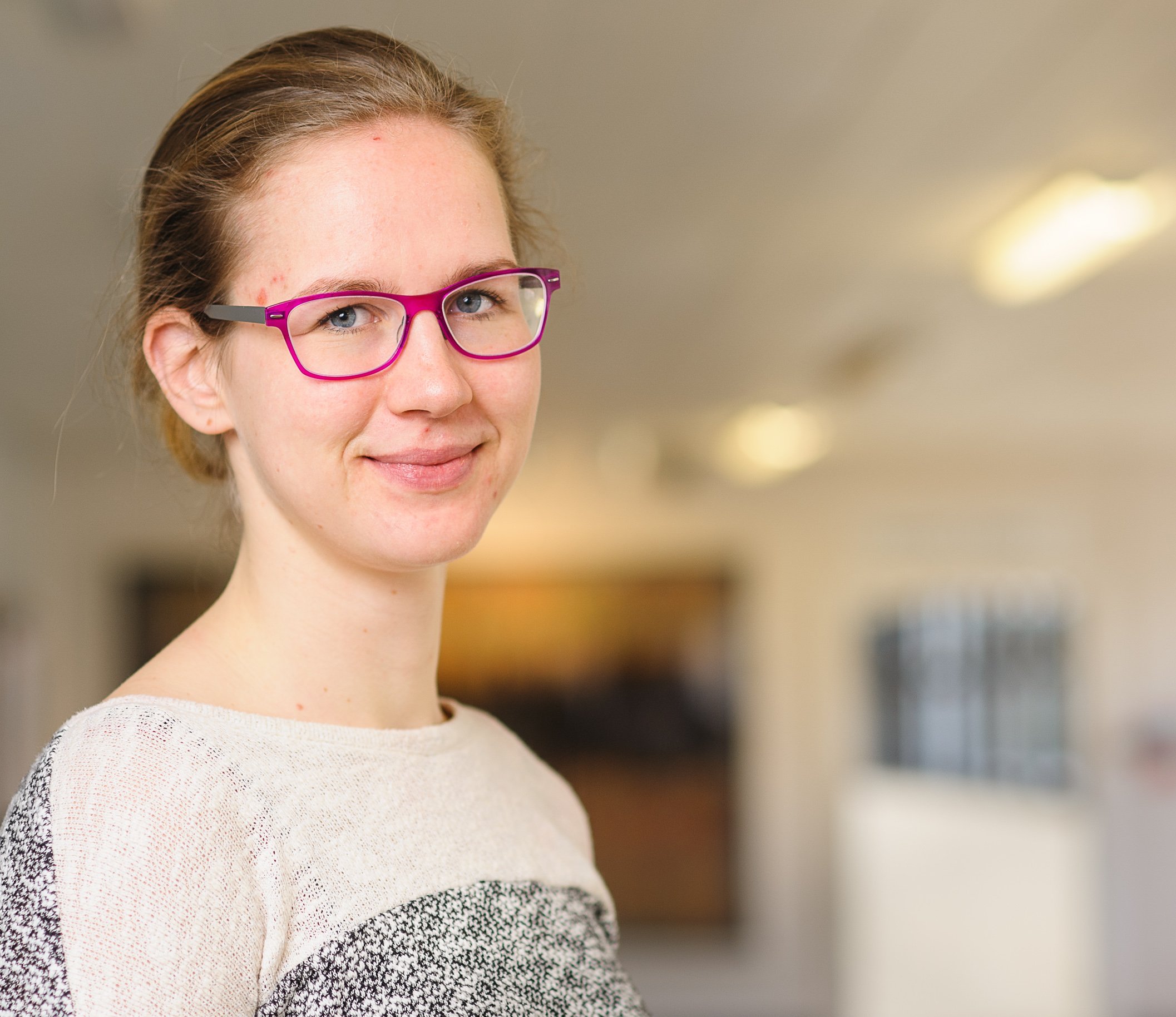
Renée joins the lab!
We are welcoming Dr. Renée Koolschijn as a postdoctoral researcher to the lab! She is investigating the neural mechanisms underlying optimal decision-making in situations that require different strategies using pharmacological interventions in combination with neuroimaging and computational modelling. For more information about Renée, check out her personal page!

Congratulations Dr. Mojtaba!
Congratulations Dr. Mojtaba! Mojtaba successfully was awarded PhD in "Artificial Intelligent and Robotics" entitled "Modelling of Inter-Individual Variability in Computational Mechanisms of Reversal Learning Task", from the University of Teheran, with the highest distinction!
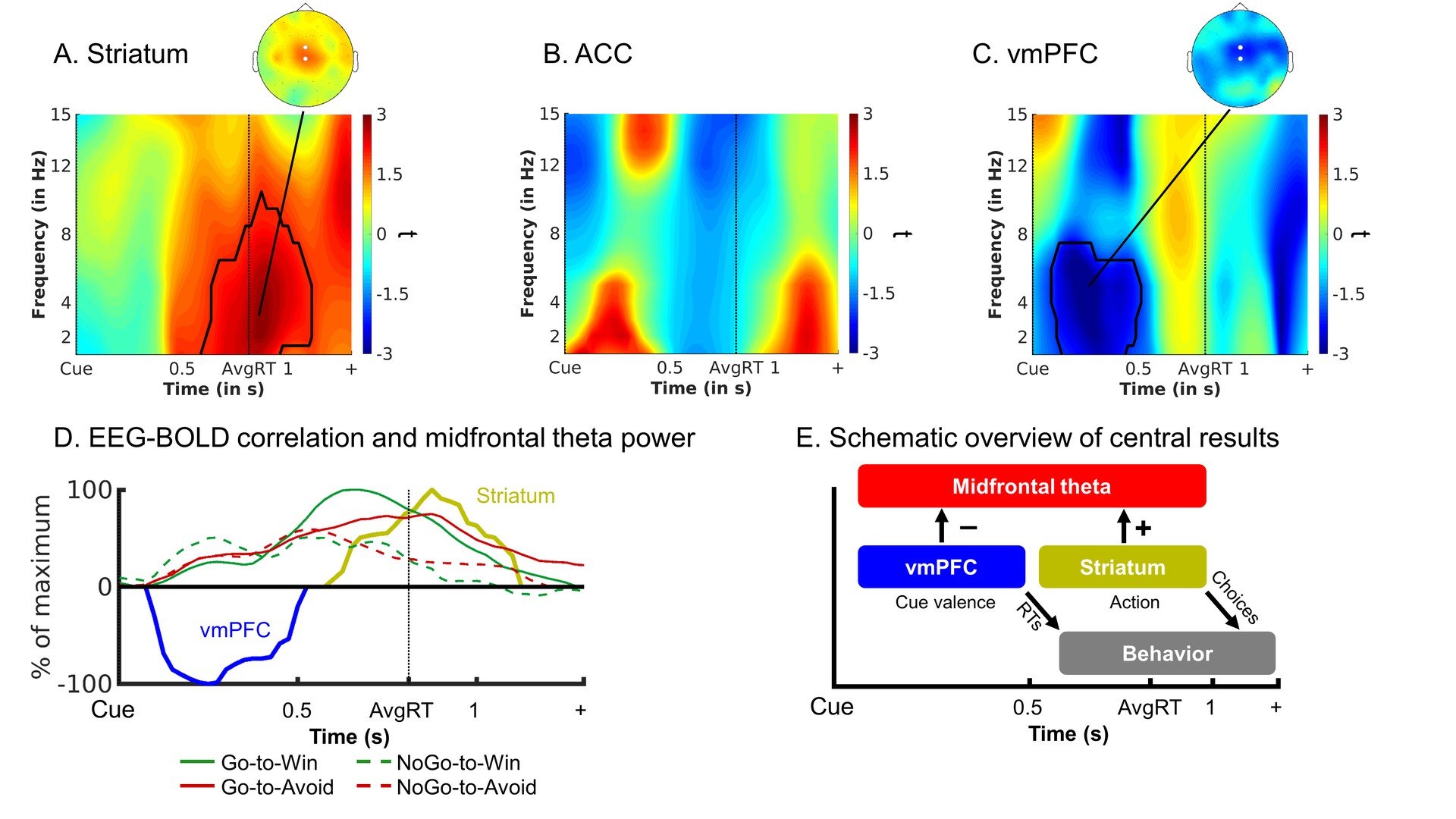
New paper by Johannes Algermissen in Cerebral Cortex
Our study titled “Striatal BOLD and Midfrontal Theta Power Express Motivation for Action” is now published online in the Cerebral Cortex journal. In this study, we examined the mechanisms behind the effect of motivational biases on action selection using simultaneous EEG-fMRI during a Go/NoGo learning task. We found that striatal BOLD selection of active Go responses and correlated with theta power around response time. Within trials, theta power ramped in the fashion of an evidence accumulation signal for the value of making a “Go” response, capturing the faster responding to reward cues. Our findings reveal a dual nature of mid-frontal theta power, with early components reflecting the vmPFC contribution to motivational biases, and late components reflecting their striatal translation into behavior. The paper can be found here.

New paper by Mojtaba Rostami Kandroodi in Psychopharmacology
Our study entitled “Effects of methylphenidate on reinforcement learning depend on working memory capacity” is now published online in the Psychopharmacology journal.
In this study, we investigated the effects of methylphenidate on human behaviour during the probabilistic reversal learning task. We found that there is large inter-individual variability in the effects of methylphenidate on learning and the effects depend on working memory span. Specifically, methylphenidate improved performance by adaptively reducing the effective learning rate in participants with higher working memory capacity.
The paper is open access and you can download it here:
https://link.springer.com/article/10.1007%2Fs00213-021-05974-w
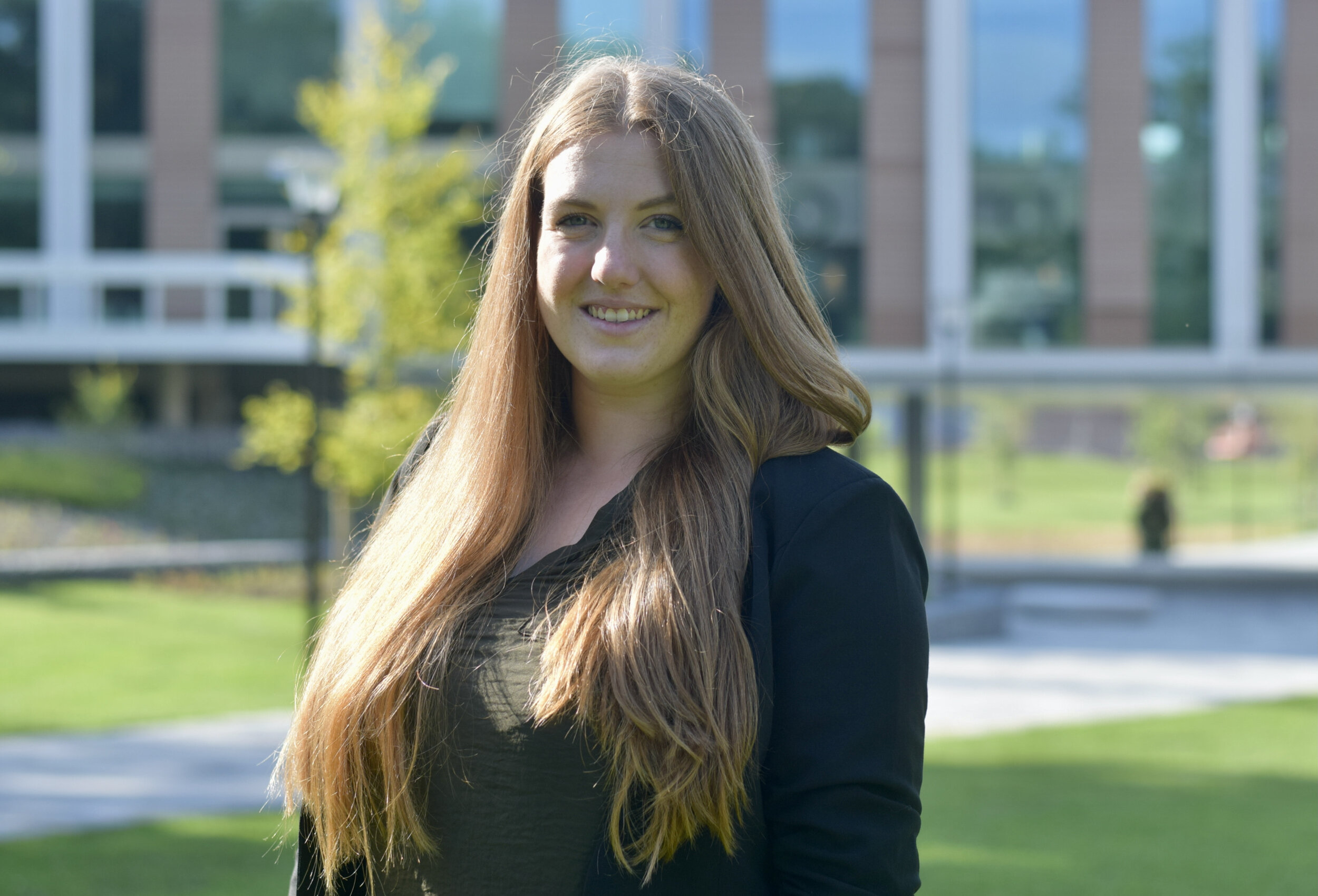
Helena joins the lab!
We are excited to welcome a new member to the lab! Helena will be joining us for her thesis project, as part of the Cognitive Neuroscience master at the Radboud. Under supervision of Hanneke and Floortje she will be part of the lab’s pharmacological study, examining the effects of dopamine on meta-decision making. Check out her personal page for more information!

Soha joins the lab!
We are welcoming Soha Farboud as a new PhD student to the lab! Soha will be jointly supervised by Hanneke and Lennart Verhagen. She will use Transcranial Ultrasonic Stimulation (TUS) to stimulate the striatum and investigate the effects on motivational behavior. For more information, check out her personal page!
Congrats Jesse, MSc. !
On August 30, our master student Jesse van der Spek successfully defended his thesis “Neural oscillatory mechanisms of adapting motivational biases to aid action selection”.
We were very happy to have Jesse in our lab and wish him all the best in the future!
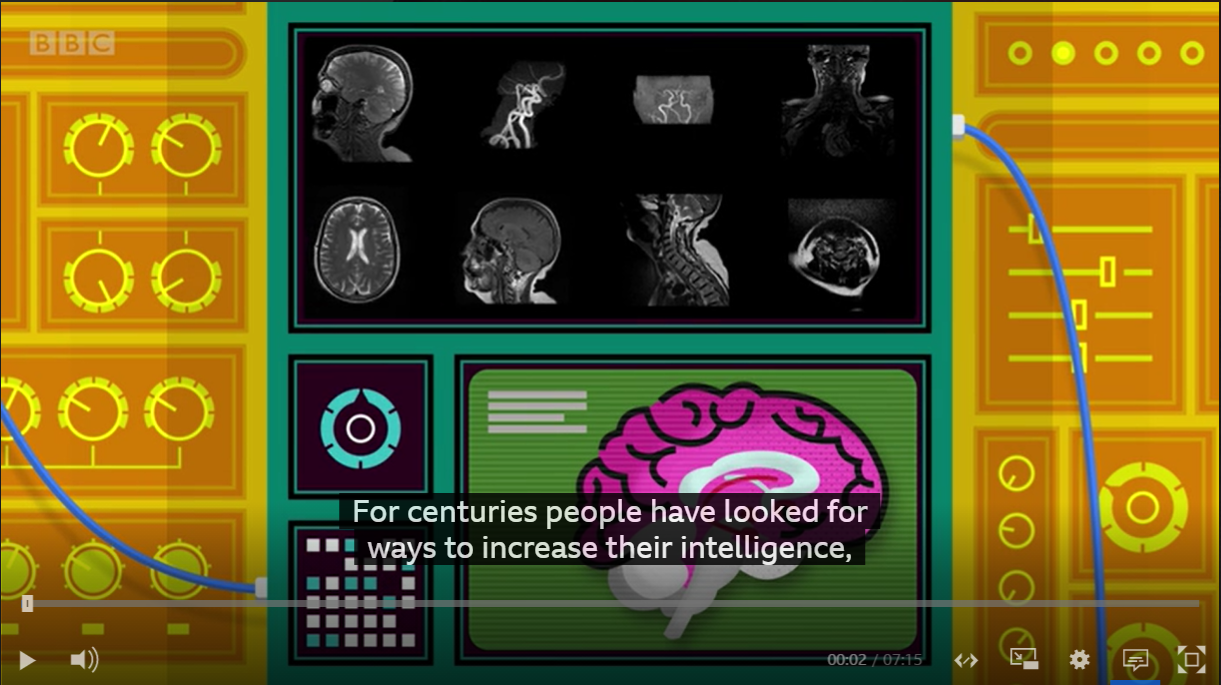
BBC Reel mini-docu on smart drugs
BBC Reel has interviewed Hanneke on whether and how smart drugs (such as ritaline) can help increase performance in everyday life activities. Watch Hanneke talk about our past findings on individual differences in how these drugs affect behavior!

